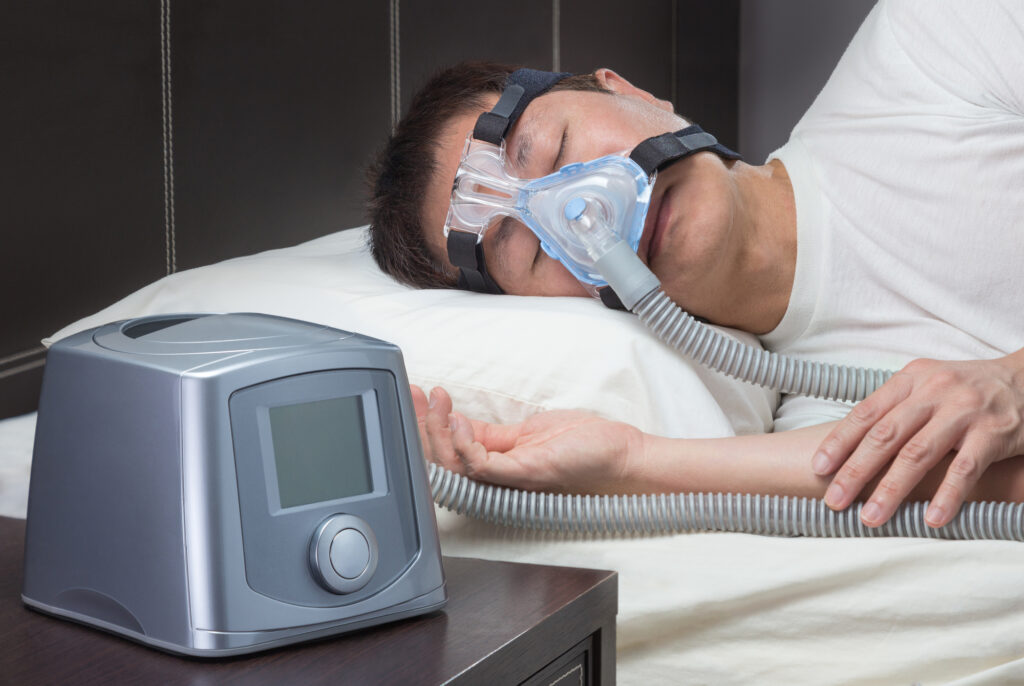People who have sleep problems may be more likely to have a stroke. That’s the conclusion of a study published in the April 5 online issue of Neurology. What’s more, the study found that this was true for almost every sleep issue studied. In fact, both sleeping too much and sleeping too little were associated with increased stroke risk. And people with multiple sleep issues saw their risk of stroke rise even higher.
The Study
The international study followed 4,496 people—2,243 who’d had a stroke and 2,253 who had not—with an average age of 62. Participants were asked about their sleep behaviors including duration, quality, napping, snoring, snorting, and breathing problems during sleep.
After adjusting for other factors that could affect stroke risk such as smoking, physical activity, and alcohol consumption, the researchers found similar results across the board: people with any sort of sleep issue were more likely to have a stroke.
For instance, researchers found that people who got less than five hours of sleep per night were three times more likely to have a stroke than those who got seven hours of sleep on average. People who got more than nine hours of sleep were more than two times as likely to have a stroke than those who got seven hours a night. And people who took naps longer than one hour were 88 percent more likely to have a stroke than those who did not.
As for sleep-related breathing problems, the researchers found that people who snored were 91 percent more likely to have a stroke than those who did not; people who snorted were nearly three times more likely to have a stroke than those who did not; and people with sleep apnea were nearly three times more likely to have a stroke than those who did not.
In addition, people with five or more of any of these symptoms had an even greater risk of stroke. “Not only do our results suggest that individual sleep problems may increase a person’s risk of stroke but having more than five of these symptoms may lead to five times the risk of stroke compared to those who do not have any sleep problems,” said study author Christine McCarthy, MB, BCh, BAO, of the University of Galway in Ireland.
Conclusions
“Our results suggest that sleep problems should be an area of focus for stroke prevention,” said McCarthy. “With these results, doctors could have earlier conversations with people who are having sleep problems. Interventions to improve sleep may also reduce the risk of stroke and should be the subject of future research.”
The researchers emphasized that the study does not show that sleeping problems cause stroke, only that there’s an association. And because the participants self-reported their sleep symptoms, some of the information collected may not have been entirely accurate. So more research would be needed to solidify any conclusions.






